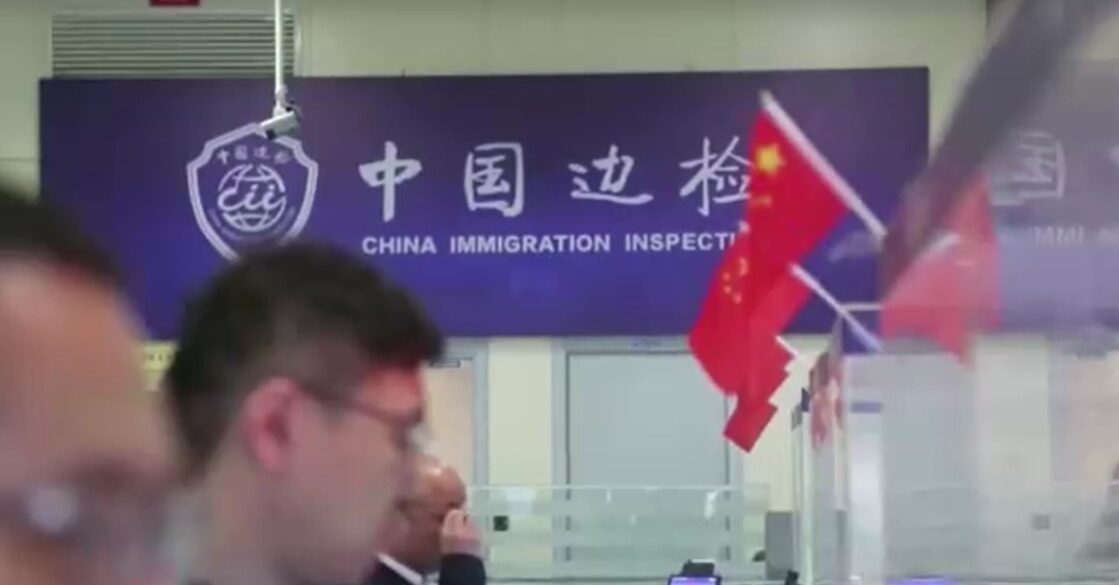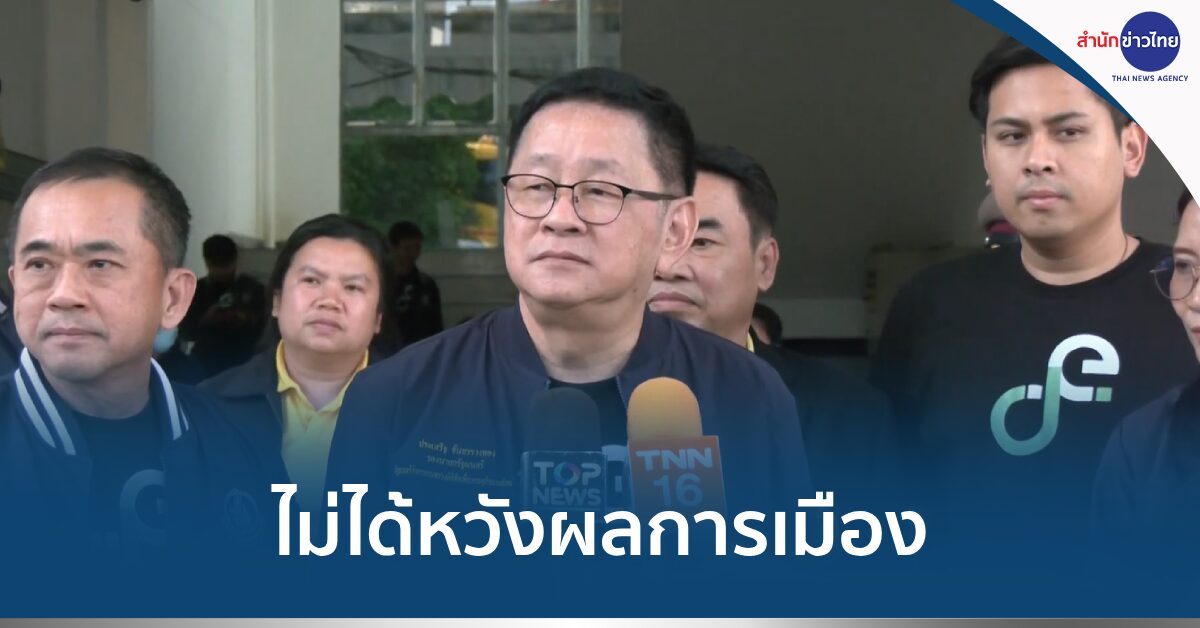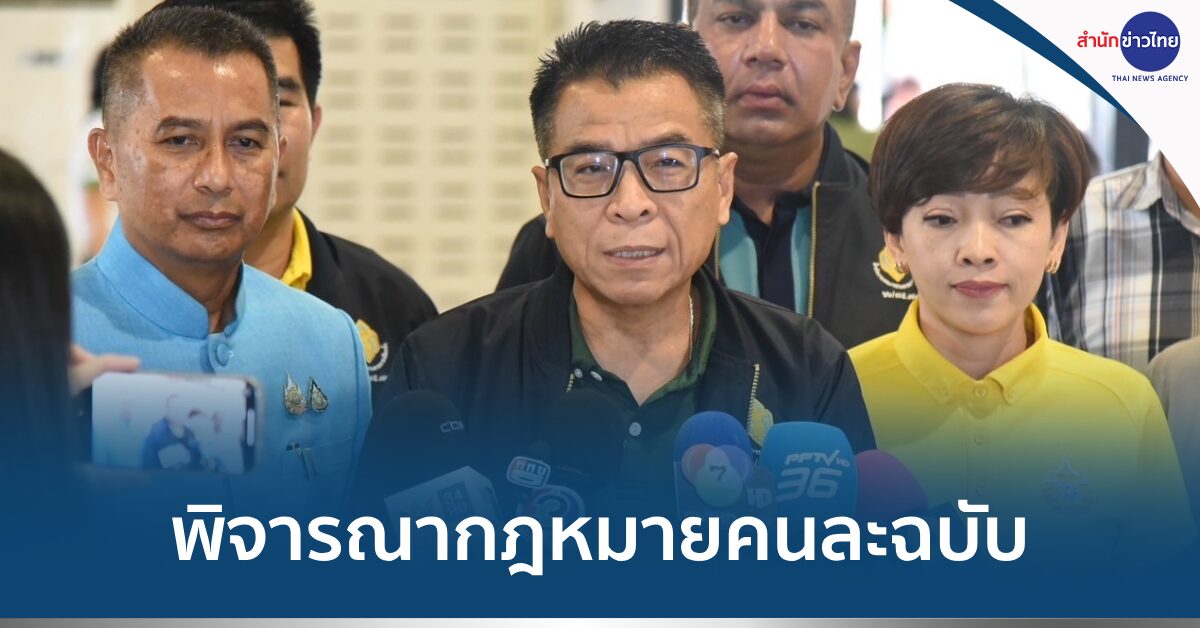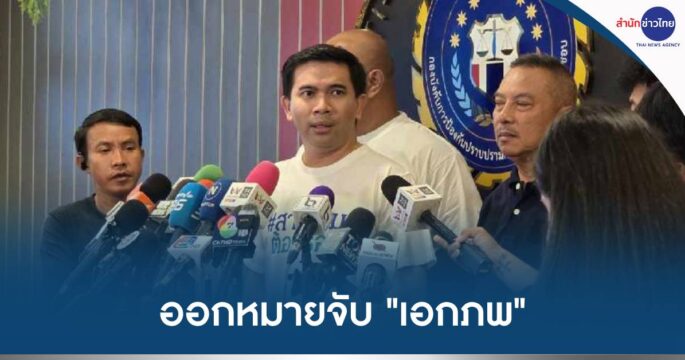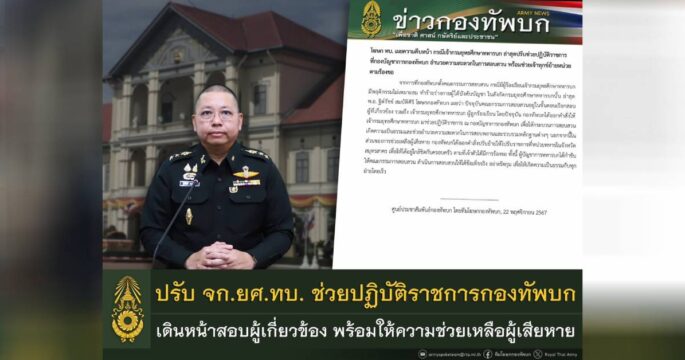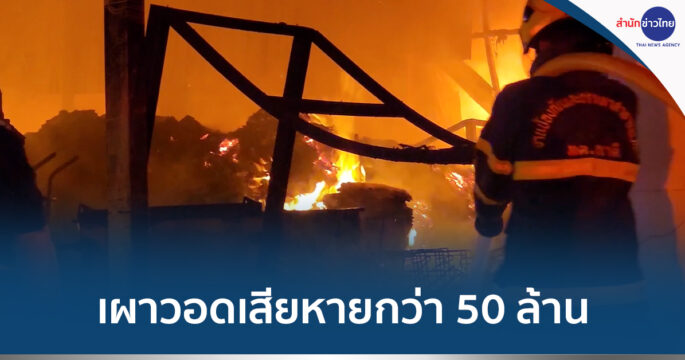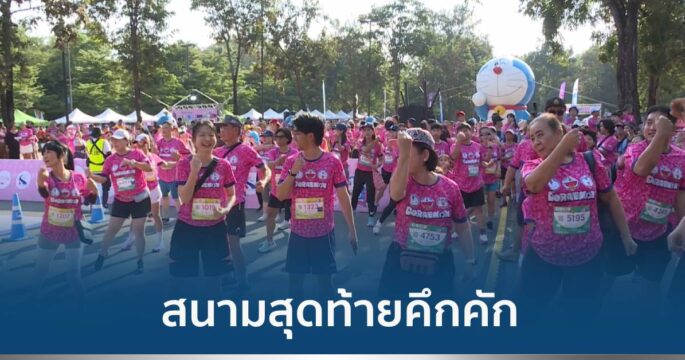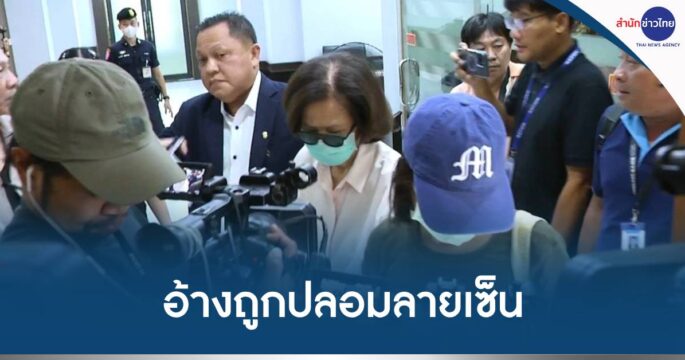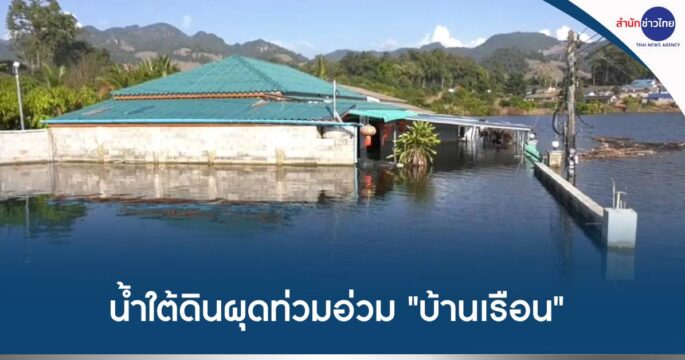CHIANGMAI, April 3 (TNA) – The situation of forest fires in Chiang Mai continues to be severe, resulting in high levels of air pollution. This has impacted hotel bookings during the Songkran Festival.
This morning, the level of PM2.5 in Chiang Dao District reached as high as 820 micrograms per cubic meter, ranking it as the worst air quality in the world.
The Chiang Mai skyline remains covered with smoke haze from ongoing forest fires, both from deliberate burning and transboundary haze. This morning, there were as many as 411 hotspots, with Chiang Dao District having the highest number at 83.

According to the weather data center at Chiang Mai University, the PM2.5 level at 7 a.m. in Baan Pangmayao in Chiang Dao District was at 820 micrograms per cubic meter, which is 21 times higher than the standard.
The PM2.5 level at Chiang Mai University was at 254 micrograms per cubic meter, while in the night bazaar rea, it was at 218 micrograms per cubic meter, both reaching unhealthy levels.
The IQAir website also ranks Chiang Mai as the city with the worst air quality in the world, with an Air Quality Index (AQI) of 207 at 11 a.m., indicating a purple level warning. People are advised to wear N95 masks when outdoors.
The haze situation continues to affect tourism. Mr. Paisan Sukcharoen, the president of the Northern Thai Hotels Association, revealed that hotel room bookings in Chiang Mai province during the upcoming Songkran Festival period have decreased. Between April 12 and 27, approximately 20,000 rooms have been booked out of a total of nearly 60,000 rooms. This includes bookings for 5-star hotels, which account for nearly 70% of the total. Most tourists are from Europe.
He said one of the reasons for the decrease in bookings may be due to the haze from forest fires. At present, only about 60% of hotel rooms have been booked for the Songkran Festival in mid April, a much lower rate compared to previous years.
However, it is believed that more Thais will book rooms from April 8 to 10, as the government and all sectors are stimulating tourism during the Songkran Festival. It is expected that tourists will return, increasing the occupancy rate to 90%. In his own hotels, they are spraying water mist on the building’s facade and providing air purifiers in the rooms.

Currently, foreign tourists arrive in Chiang Mai through the airport at a rate of approximately 3,000 people per day, with about 20,000 Thais, bringing the total to more than 20,000 people per day. In March, Chiang Mai earned more than 20 billion baht in tourism revenue. -819 (TNA)
